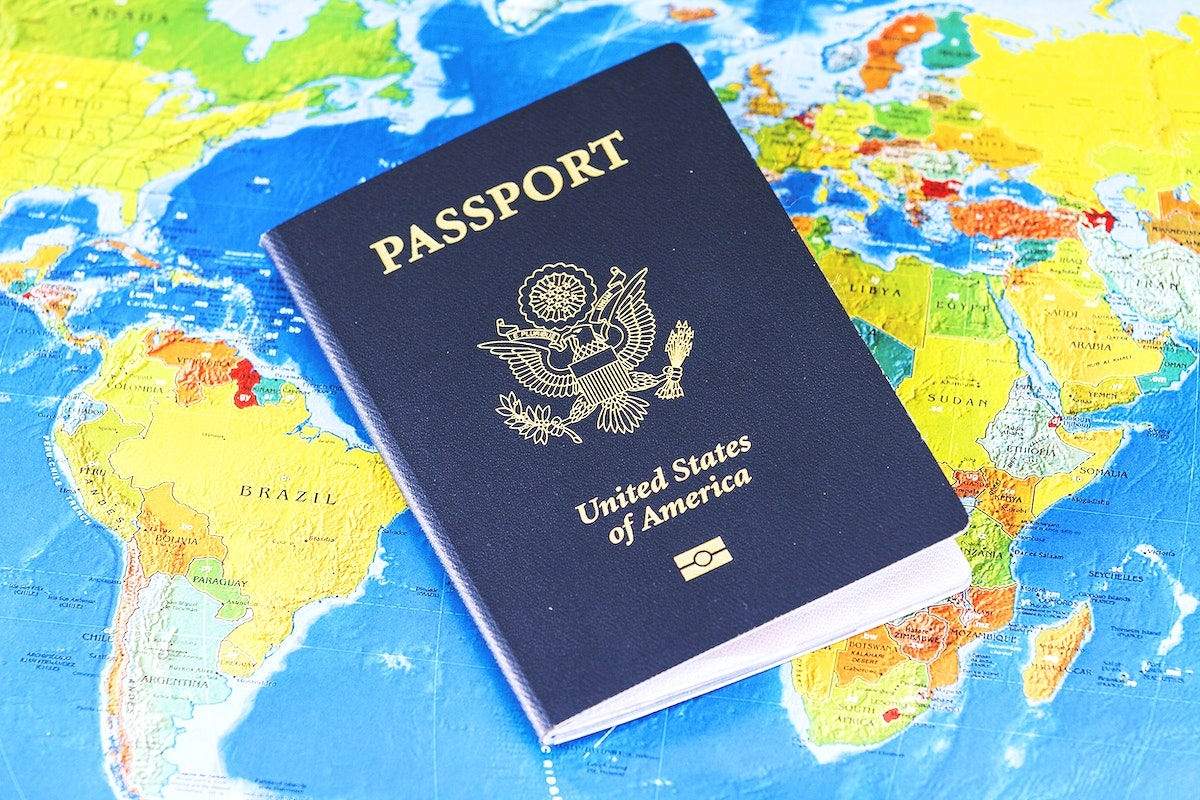Must-Know Passport Tips Every Traveler Needs to Know
Traveling should be a stress-free, happy experience. And the key to international trips is having
your passport. Unfortunately, not everyone uses best practices when it comes to their
passport—a precious document that’s important for any international traveler, no matter where
you are.
According to the Bureau of Consular Affairs, there were more passports issued in 2017 than any
other year. Currently, there is little research to determine how many passports were lost or
stolen. However, in 2011, the State Department revealed that 253,037 American passports
were lost, and 60,984 were stolen. During that year, nearly 13 million passports were issued.
If the percentage of lost and stolen passports stayed the same, we can assume that around
420,000 passports were lost in 2017, and 105,000 were stolen. And there are other passport
issues you could run into, including overstays, incorrect visas, and not getting your passport
delivered in time for a trip. Knowing what steps to take to ensure you have a smooth journey
that starts and ends with your passport. Here’s what you need to know:
Get Yours on Time
Far too often, travelers wait until the last minute to get the paperwork that they need.
Recently, the U.S. Department of State designed new passports, and to stay ahead of the rush
of citizens who want first dibs on a fresh passport look, you should opt for an American passport
renewal as soon as possible. Furthermore, you could be facing costly fees if you wait until the
last minute to renew or order a passport. Even if you’re simply considering a trip but haven’t
made any concrete plans, it’s best to simply purchase a passport ahead of time.
Always Secure Your Passport
When researching best practices for carrying passports, you may come across conflicting
advice. On the one hand, in most situations, you always want to keep your passport close to
you. On the other hand, putting it in your back pocket is a huge mistake. Even if you’re still in
the airport and are rushing to get through security, don’t stuff it into a sweater pocket or back
pocket, where it can easily fall out. Take the extra few seconds to put it in your bag.
Furthermore, it’s also important that you keep a photocopy. You won’t feel comfortable carrying
your passport everywhere you go, and there are certainly times where you won’t need it. In
these cases, it’s best to bring along a photocopy, preferably laminated to keep it from wear and
tear and allow it to look more official.
Designate One Person for Family Travel
If you’re traveling with your family, managing everyone’s passport can be a pain. This is
especially true if you have several flights or connections; pulling out a handful of passports while
you’re in a rush to get to different places can be a nightmare, and can easily result in
mishandling and misplacing. Designate one person to manage the passports. You can even use
color-coded stickers for the front of passports to easily determine who’s passport belongs to
who without having to switch through the pages.
Be Aware of High-Risk Areas
When traveling internationally, there are areas that are, of course, more high-risk than others.
There are some areas of major cities that warn travelers of pickpockets, such as La Rambla in
Barcelona or the beaches of Brazil.
“Although you should always be aware of your belongings, knowing which areas are considered
high risk for theft will allow you to prevent a stolen passport issue” says cruise ship accident lawyer, SteinLaw.com
Know What Visas You Need
Understanding how various visas work in different countries can be complicated. Those who
don’t do their research early are likely to run into some issues. For example, navigating the
Schengen visa rules can be quite complex; with this visa, travelers have a limited number of
days they can spend in the Schengen area, which includes select countries outside of the
European Union.
Some travelers also falsely believe that they can “restart” an automatic visa by visiting a
neighboring country and return. This rule might work in countries like Thailand, but not in the
Schengen area. If you show up to an airport without a proper visa, you will be turned away.
Additionally, if you attempt to leave a country where you overstayed without a proper visa, you
could be fined, jailed, or forbidden from entering that country again. Always research the country
you’re visiting to learn more about their visa rules.

